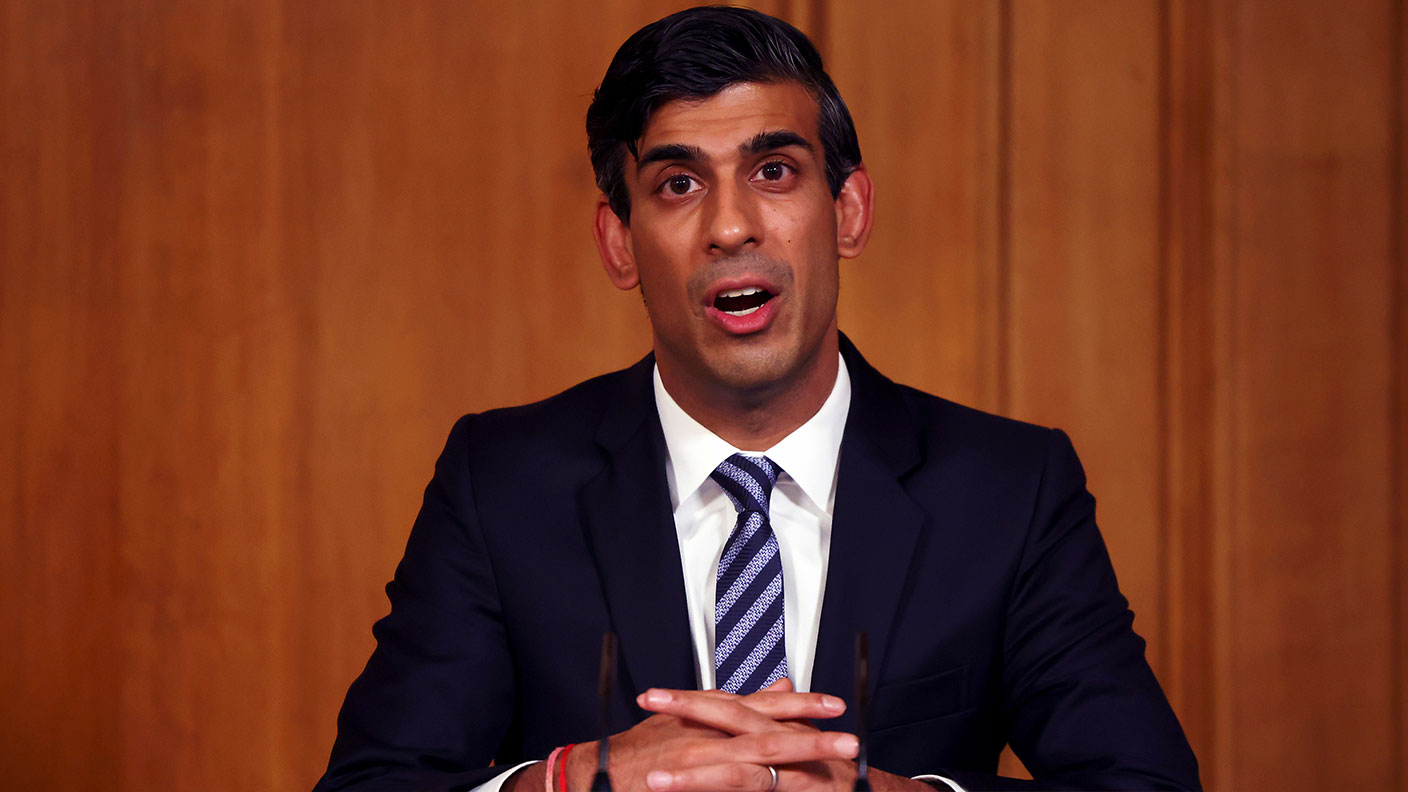The Chancellor has confirmed the stamp duty holiday will remain in place until the end of June.
At his Budget speech in the House of Commons, Rishi Sunak announced the £500,000 nil rate band will end on 30 June, rather than the planned deadline of 31 March.
In July last year, the government raised the stamp duty threshold from £125,000 to £500,000 in a move which exempted most home buyers from paying the levy if they could complete their purchase before 31 March.
However, Sunak told the House that due to the “sheer volume of transactions” still to be completed before the end of March, the holiday is to remain in place for three months before being “tapered down” by the end of September.
After 30 June, Sunak revealed the nil rate band will drop to £250,000 and stay in place until 30 September – a level still double the initial threshold before the holiday. From 1 October, the stamp duty threshold will revert to £125,000.
Legal & General Insurance head of intermediary, Sarah Watts, commented: “We welcome the news of a stamp duty extension as this period of time will help many of those already in the buying process.
“However, as an industry we must look beyond this, including ways advisors can future proof their business through a strong general insurance book if there is more volatility in the mortgage market.”
LMS CEO, Nick Chadbourne, said: “While today’s extension is great news for borrowers in the pipeline, as is clarity on the tapering off timeline, the initial cliff-edge has simply been moved to the 30 June.
“The extension adds fuel to an already well-lit fire, and will likely cause a second surge of purchase applications in the coming months. However, its necessity is debatable. Most borrowers are motivated by far more than just a tax break, and high cancellation rates if the stamp duty holiday ended in March were highly unlikely.
“COVID-19 has forced homeowners to re-evaluate their priorities in terms of space, location and accessibility, and these factors will continue to buoy the purchase market long after the scheme comes to an end.”
Stonebridge Group CEO, Rob Clifford, suggested the extension creates a risk that might act as the “catalyst for a further spike in new purchases” that now attempt to complete before the new deadline, which he said “the market needs to consider”.
“Let’s not forget that a short-lived stamp duty holiday isn’t the solution,” Clifford commented.
“The government missed a trick today when they could have brought about a permanent resolution – by accepting the compelling economic arguments that suggests it’s an outdated tax and its removal would consequently lift transactions and thereby deliver far more taxation upside to the Treasury’s coffers than the stamp duty system does today.
“This would also have taken some of the pressure off solicitors, advisers, lenders and clients, which the holiday approach perpetuates. Whilst we naturally welcome a busy market, we still appear in danger of having thousands of transactions not completing before this new deadline, which will hurt consumers, and exacerbates the risk of aborted sales, at great cost to both consumers and the wider economy.”
Latest News
-
Consumer finance lending totals £122bn in 2025
-
OSB Group grows loan book to £25.9bn in 2025
-
Intermediary confidence softens slightly in Q4 – IMLA
-
Metro Bank hits record growth in corporate and commercial lending
-
Record flows drive Quilter’s AUMA to £141bn
-
46% of IFAs in a network generate first commission in four weeks
Mortgage Advice Bureau and AI in the mortgage sector
Chief executive officer at Mortgage Advice Bureau, Peter Brodnicki, and founder and managing director at Heron Financial, Matt Coulson, joined content editor Dan McGrath to discuss how Mortgage Advice Bureau is using artificial intelligence to make advancements in the mortgage industry, the limitations of this technology and what 2026 will hold for the market
Perenna and the long-term fixed mortgage market

Content editor, Dan McGrath, spoke to head of product, proposition and distribution at Perenna, John Davison, to explore the long-term fixed mortgage market, the role that Perenna plays in this sector and the impact of the recent Autumn Budget
NEW BUILD IN FOCUS - NEW EPISODE OF THE MORTGAGE INSIDER PODCAST, OUT NOW

Figures from the National House-Building Council saw Q1 2025 register a 36% increase in new homes built across the UK compared with the same period last year, representing a striking development for the first-time buyer market. But with the higher cost of building, ongoing planning challenges and new and changing regulations, how sustainable is this growth? And what does it mean for brokers?
Does the North-South divide still exist in the UK housing market?

What do the most expensive parts of the country reveal about shifting demand? And why is the Manchester housing market now outperforming many southern counterparts?
In this episode of the Barclays Mortgage Insider Podcast, host Phil Spencer is joined by Lucian Cook, Head of Research at Savills, and Ross Jones, founder of Home Financial and Evolve Commercial Finance, to explore how regional trends are redefining the UK housing, mortgage and buy-to-let markets.
In this episode of the Barclays Mortgage Insider Podcast, host Phil Spencer is joined by Lucian Cook, Head of Research at Savills, and Ross Jones, founder of Home Financial and Evolve Commercial Finance, to explore how regional trends are redefining the UK housing, mortgage and buy-to-let markets.
© 2019 Perspective Publishing Privacy & Cookies









Recent Stories